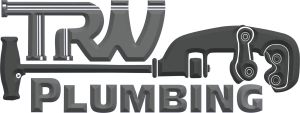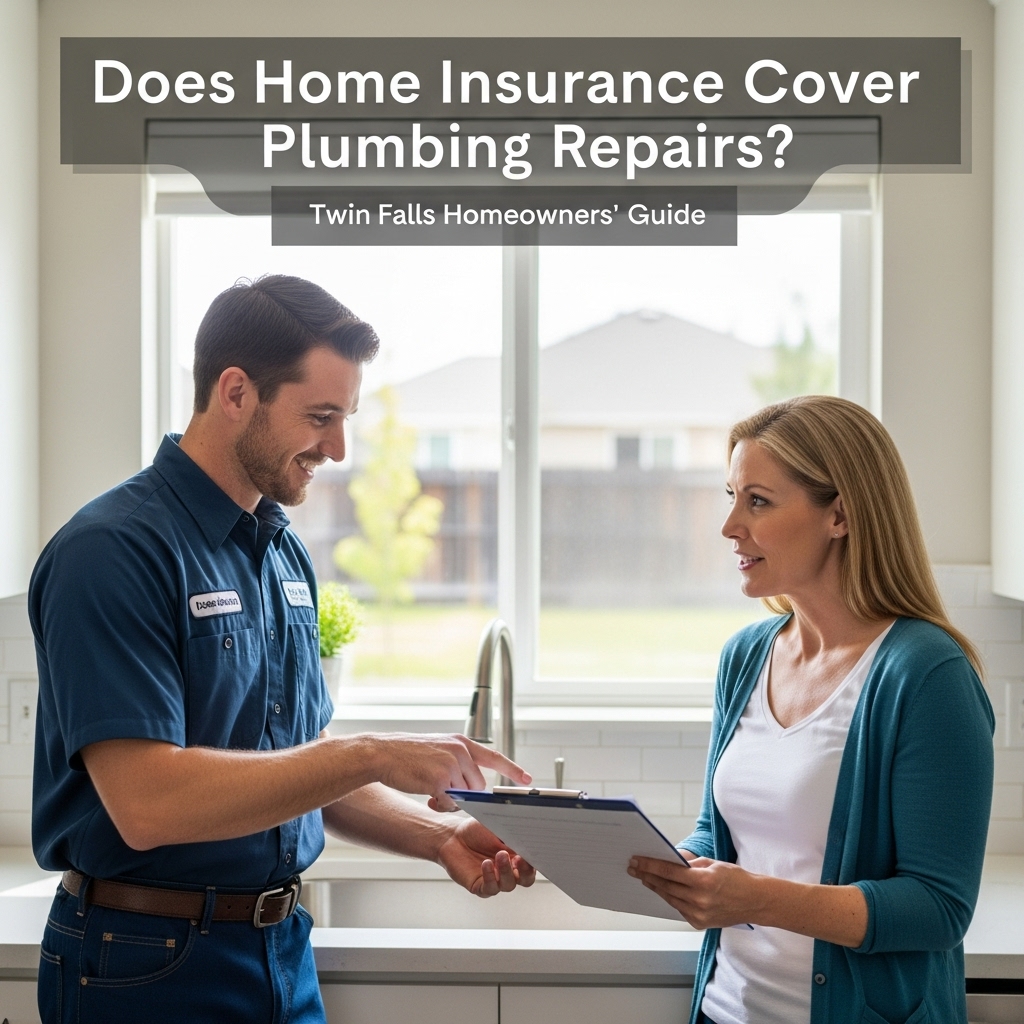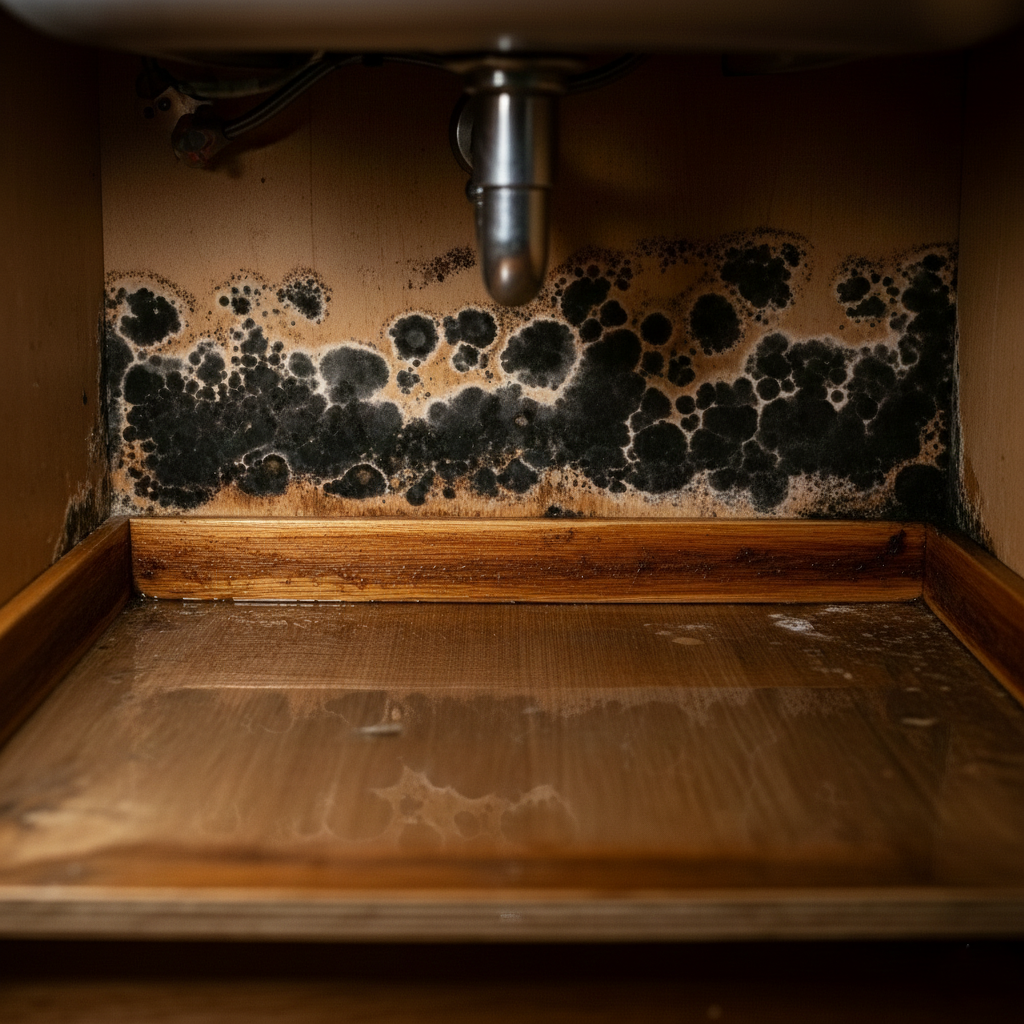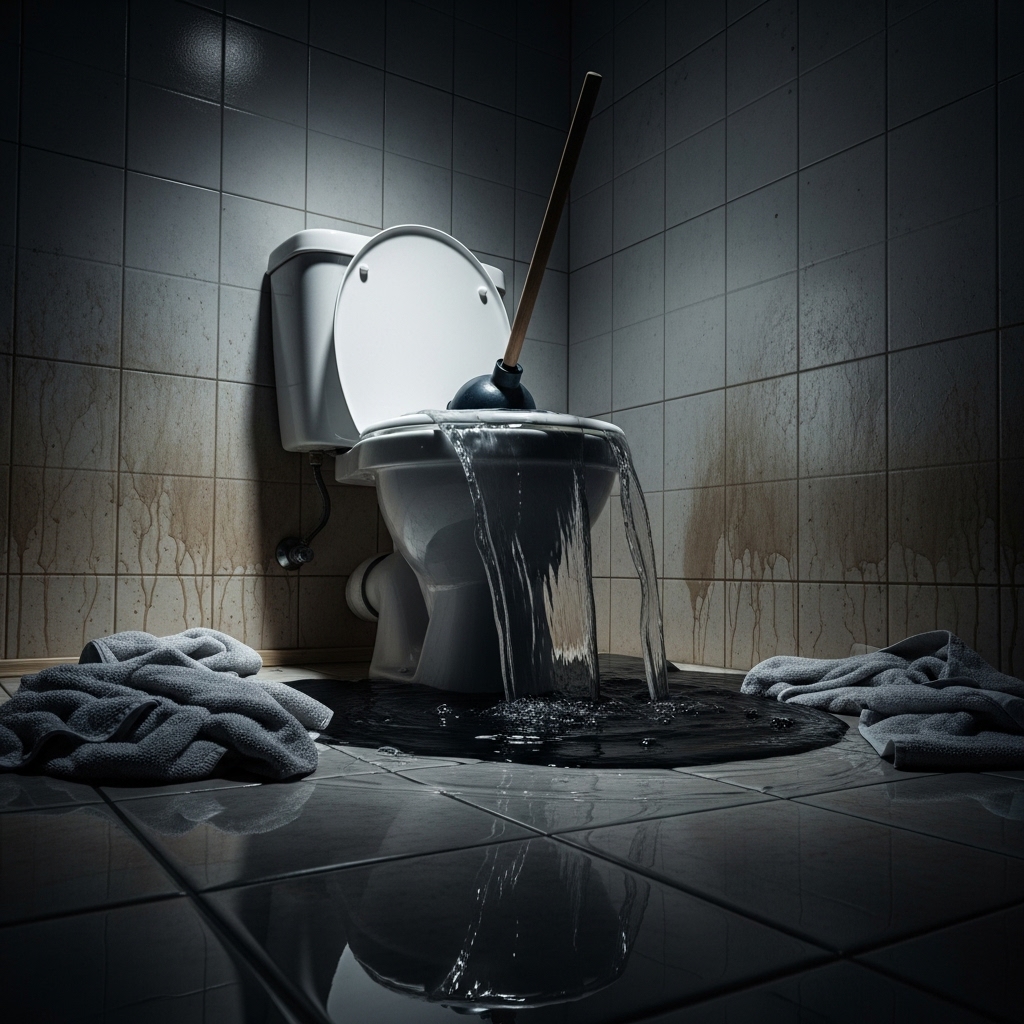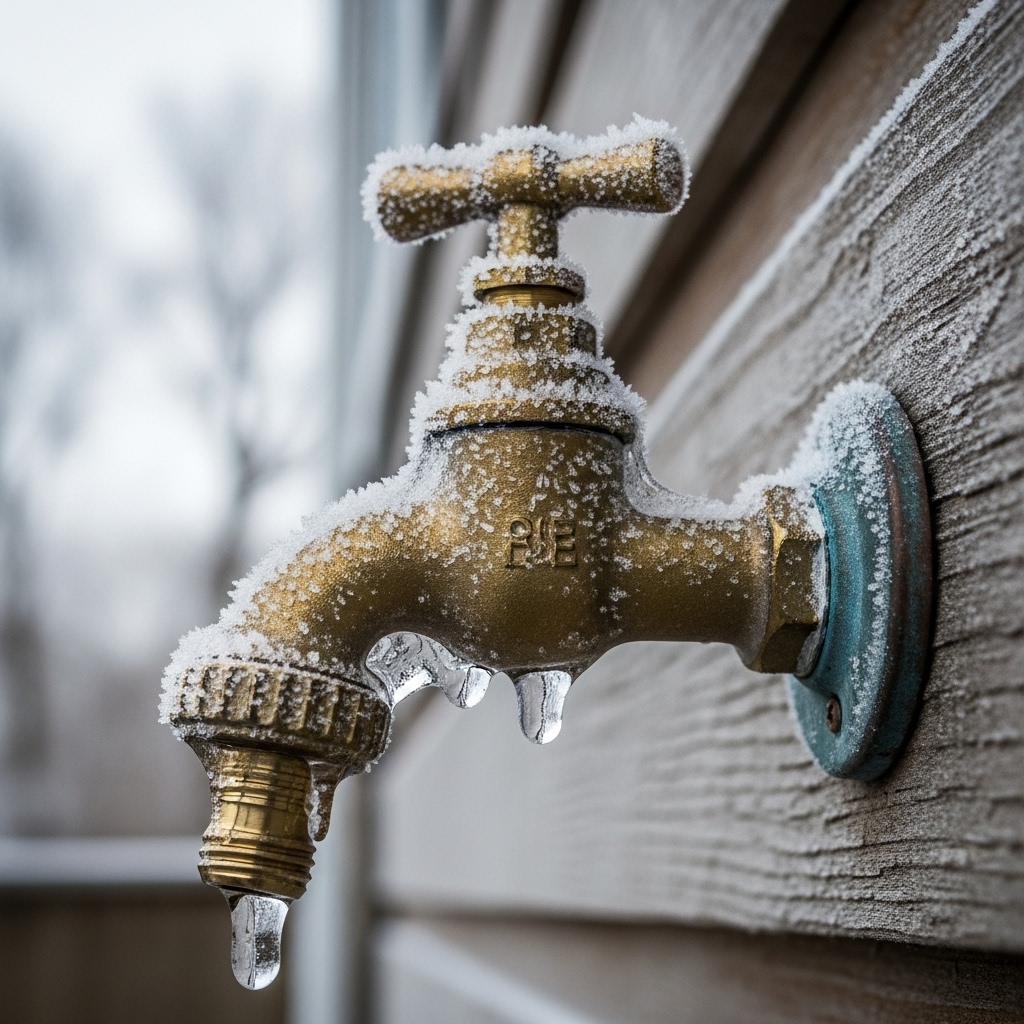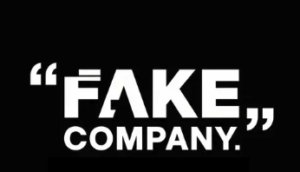TL;DR
Home insurance in Twin Falls typically covers sudden, accidental plumbing damage — like burst pipes from freezing or unexpected appliance failures — but excludes gradual issues caused by poor maintenance or aging pipes. Understanding the difference between covered and non-covered plumbing problems can save you thousands of dollars and help you know when to call a plumber before filing a claim. The key is prevention: regular inspections and proactive maintenance protect both your home and your wallet.
A burst pipe on a freezing Magic Valley morning can be more than a headache — it can turn into a financial shock if you’re uncertain about what your home insurance actually covers. Many Twin Falls homeowners assume their policy will take care of any plumbing problem, only to discover that insurance companies draw a hard line between sudden accidents and gradual wear and tear.
At TRW Plumbing, we’ve helped countless Twin Falls families navigate plumbing emergencies and understand when insurance will — or won’t — step in to help. This guide breaks down exactly which plumbing issues your home insurance typically covers, what’s excluded, and how you can prevent costly surprises before they happen.
Understanding How Home Insurance Works for Plumbing
Home insurance policies are designed to protect you from sudden, unexpected disasters — not routine maintenance or problems that develop over time. Insurance companies classify plumbing issues into two main categories:
Sudden and Accidental Damage: This includes events that happen quickly and without warning, such as a pipe bursting overnight or a water heater suddenly failing and flooding your basement. These scenarios typically fall under your policy’s coverage.
Gradual Damage or Neglect: This covers problems that develop slowly due to aging, corrosion, lack of maintenance, or normal wear and tear. A slow drip from an old faucet that eventually damages your cabinet, or pipes that corrode over years, usually won’t be covered.
The distinction matters because water damage and freezing claims account for 27.6% of all homeowners insurance claims, making them the second most common type of claim in the United States. In Idaho specifically, water damage claims average $11,650 per incident — a significant expense if you’re caught off guard.
Most policies only cover sudden water damage, not gradual leaks. Understanding this difference helps you know when to call your plumber for preventative maintenance versus when you might have a legitimate insurance claim.
Plumbing Problems Typically Covered by Home Insurance
When sudden plumbing disasters strike, your home insurance policy will likely cover the damage if it meets the “sudden and accidental” criteria. Here are the most common covered scenarios Twin Falls homeowners should know about:
Burst Pipes from Freezing Temperatures
Idaho winters can be brutal, and frozen pipes are a real threat in the Magic Valley. When temperatures drop and pipes freeze, the expanding ice can cause them to burst, leading to significant water damage. Insurance typically covers:
- The water damage to your floors, walls, and belongings
- The cost to repair or replace the burst pipe section
- Emergency mitigation services to prevent further damage
Accidental Discharge from Appliances
If your washing machine hose suddenly bursts, your dishwasher malfunctions and floods your kitchen, or your refrigerator’s water line breaks, these unexpected appliance failures are generally covered. The insurance will pay for:
- Water damage to flooring and cabinetry
- Damaged personal property
- The cost to extract water and dry out affected areas
Sudden Water Heater Failure
When a water heater suddenly ruptures or its internal tank fails without warning, causing flooding, your policy typically covers the resulting water damage. However, it’s important to note that while the damage is covered, the replacement cost of the water heater itself may only be covered if you have equipment breakdown coverage or if the failure was due to a covered peril.
Damage from Extinguishing a Fire
If firefighters use water to put out a fire in your home and this causes water damage to your plumbing system or creates secondary water issues, your insurance will cover both the fire damage and the water damage.
Torn or Ruptured Pipes
If a pipe suddenly tears or ruptures due to pressure buildup, accidental impact, or other sudden causes (not corrosion or age), the resulting damage is typically covered.
Twin Falls Context
Our region faces unique risks that increase the likelihood of sudden plumbing failures:
- Cold winters: Twin Falls regularly sees temperatures well below freezing, increasing burst pipe risk
- Older housing stock: Many homes in Twin Falls were built with copper or galvanized pipes that can fail suddenly after years of service
- Irrigation systems: Our agricultural community means many homes have complex irrigation setups that can malfunction
Plumbing Problems Not Covered by Home Insurance
Understanding what your insurance won’t cover is just as important as knowing what it will. Here are the most common plumbing exclusions Twin Falls homeowners encounter:
Gradual Pipe Corrosion or Aging Pipes
If your pipes have been slowly corroding over years and finally start leaking, insurance won’t cover the repair. This falls under maintenance neglect. Many Twin Falls homes have older copper or galvanized pipes that deteriorate over time — these slow leaks are your responsibility as a homeowner.
Sewer Backups (Without Additional Coverage)
Standard home insurance policies don’t cover sewer or drain backups. If tree roots infiltrate your sewer line or your main drain backs up into your home, you’ll pay out of pocket unless you’ve purchased separate sewer backup coverage (also called water backup coverage). This endorsement typically costs $40-$50 annually and is highly recommended.
Poor Maintenance or DIY Installation Errors
If you attempt DIY plumbing repairs that fail, or if you neglect routine maintenance that leads to problems, insurance won’t cover the resulting damage. Examples include:
- Improperly installed fixtures that later leak
- Failure to winterize pipes before vacation
- Ignoring small leaks until they cause major damage
- Not replacing aging water heaters before they fail
Leaks from Outdated Plumbing Fixtures
That slow drip from your 20-year-old faucet that finally damages your vanity? Not covered. Insurance expects homeowners to replace worn-out fixtures before they cause problems.
Foundation Cracks or Structural Issues
If water leaks are caused by foundation problems, settling, or structural defects, these typically aren’t covered under standard policies.
Flood Damage
It’s crucial to understand that flood damage is completely separate from plumbing issues. If your home floods due to rising rivers, heavy rain, or snowmelt, you need separate flood insurance. Standard home insurance doesn’t cover flooding from external water sources.
How to Avoid Insurance Claim Denials
Roughly 1 in 60 insured homes files a water damage claim each year, and claim denials often happen when homeowners can’t prove the damage was sudden rather than gradual. Here’s how to protect yourself:
Schedule Routine Plumbing Inspections
Annual plumbing inspections help identify problems before they become insurance nightmares. A professional plumber can spot:
- Corroding pipes that need replacement
- Water heaters nearing the end of their lifespan
- Small leaks that could worsen
- Pressure issues that might cause future failures
TRW Plumbing offers comprehensive inspection services that give you documentation of your system’s condition — valuable proof for insurance purposes.
Insulate Pipes Before Winter
Given Twin Falls’ cold winters, pipe insulation is essential. Focus on:
- Pipes in unheated spaces (crawl spaces, garages, attics)
- Exterior walls
- Areas where pipes enter your home
This simple preventative step can save you from a $13,954 average water damage claim (the national average payout for water damage claims in 2024).
Replace Aging Fixtures Before They Fail
Don’t wait for that old water heater or corroded pipe to fail. Proactive replacement:
- Prevents damage that insurance won’t cover
- Gives you control over timing and costs
- Avoids emergency repair premiums
Keep Documentation and Photos for Insurance Claims
If disaster strikes:
- Take photos immediately showing the damage
- Document the source of the water
- Keep receipts for all repairs and mitigation
- Note the date and time you discovered the problem
- Save your plumber’s report describing the cause
This documentation proves the damage was sudden and accidental, not gradual neglect.
Maintain Your Property Records
Keep a home maintenance log showing:
- When you’ve had inspections
- Repairs and replacements made
- Photos of your plumbing system over time
This proves you’ve been a responsible homeowner, which can help if your claim is questioned.
When to Call a Plumber Before Calling Your Insurer
Many Twin Falls homeowners make the mistake of calling their insurance company first. Here’s why you should call your plumber first:
Stop the Damage Immediately
Your insurance policy requires you to mitigate damage. Calling a plumber first ensures:
- Water is shut off quickly
- Further damage is prevented
- Emergency repairs are made
Failing to stop ongoing damage can result in claim denial for the additional damage that occurred after you discovered the problem.
Get a Professional Assessment
Before filing a claim, you need to know:
- What caused the problem (sudden failure vs. gradual deterioration)
- How extensive the damage is
- Whether it’s even worth filing a claim
Small claims can increase your premiums or risk policy cancellation. If repairs cost $2,000 but your deductible is $1,500, filing a claim for $500 doesn’t make financial sense.
Real Twin Falls Example
One Twin Falls homeowner discovered water in their basement on a Saturday morning. Instead of immediately calling their insurance, they called TRW Plumbing first. We discovered a burst pipe from freezing and were able to:
- Shut off the water within 30 minutes
- Make emergency repairs to stop the leak
- Document that the burst was sudden and accidental
- Extract standing water before it caused mold
When the homeowner called their insurance on Monday with our documentation, the claim was approved without hassle. Total damage: $3,200. If they’d waited until Monday to address the water, damage could have exceeded $10,000 with potential mold issues and claim complications.
How TRW Plumbing Helps Twin Falls Homeowners Stay Covered
At TRW Plumbing, we understand that plumbing emergencies are stressful enough without worrying about insurance complications. We help Twin Falls homeowners in several ways:
Preventative Maintenance Programs
Regular inspections and maintenance keep your plumbing system in top condition, preventing the gradual deterioration that insurance won’t cover. We document everything, giving you proof of responsible homeownership.
Emergency Response Documentation
When you call us for an emergency, we provide detailed reports describing:
- The nature of the failure (sudden vs. gradual)
- What caused the problem
- The extent of damage
- Recommended repairs
This documentation is invaluable when filing insurance claims.
Honest Assessments
We’ll tell you honestly whether your issue is likely covered by insurance or not. We’d rather save you the hassle of a denied claim than make a sale on work that won’t be reimbursed.
Quality Repairs That Last
Proper repairs prevent future problems and show insurance companies that you maintain your home professionally.
If you’re not sure whether your plumbing issue might be covered by insurance, TRW Plumbing can help you diagnose the cause before you file a claim. We’ll provide the documentation you need and honest advice about your best course of action.
Call or text us at (208) 410-2044 to schedule an inspection or emergency service.
FAQ: Home Insurance and Plumbing in Twin Falls
Does homeowners insurance cover water leaks in Twin Falls?
It depends on the cause. Sudden, accidental leaks from burst pipes or appliance failures are typically covered. Slow leaks from corrosion, aging fixtures, or maintenance neglect are not covered. The key distinction is whether the leak happened suddenly or gradually over time.
What’s the difference between water damage and flood damage in insurance terms?
Water damage refers to water coming from inside your home (pipes, appliances, roof leaks), which is covered by standard home insurance. Flood damage refers to water from outside sources (rivers, heavy rain, snowmelt) entering your home, which requires separate flood insurance that’s not included in standard policies.
Does insurance cover pipe bursts from freezing in Twin Falls?
Yes, frozen pipe bursts are typically covered as sudden, accidental events. However, if you left your home unheated during winter without taking proper precautions (like draining pipes or having someone check the property), your claim might be denied for neglect.
Will insurance pay for a new water heater if mine leaks?
Insurance typically covers the water damage caused by a sudden water heater failure, but may not pay to replace the water heater itself unless you have equipment breakdown coverage. If the water heater failed due to age and lack of maintenance, neither the damage nor the replacement may be covered.
Are sewer line backups covered by standard home insurance in Twin Falls?
No, sewer and drain backups require separate coverage called water backup or sewer backup coverage. This endorsement is inexpensive (typically $40-$50 per year) and highly recommended, especially for older homes in Twin Falls with mature trees near sewer lines.
Can I prevent my plumbing claim from being denied?
Yes, by maintaining documentation of regular inspections and maintenance, responding immediately to problems, keeping photos and receipts, and working with licensed professionals like TRW Plumbing. The key is proving the damage was sudden and that you’ve been a responsible homeowner.
How often should I have my plumbing inspected in Twin Falls?
Annual plumbing inspections are recommended for Twin Falls homes, especially before winter. Homes older than 20 years or with known plumbing issues should consider bi-annual inspections. Regular inspections catch problems early and provide documentation that you’re maintaining your system properly.
Does home insurance cover mold from plumbing leaks?
Limited mold coverage is included in most policies, but only if the mold resulted from a covered peril (like a sudden pipe burst) and you took immediate action to mitigate the water damage. Mold from long-term slow leaks or humidity issues is not covered. Typical mold coverage caps at $10,000-$25,000.
This blog was created with the help of LeadProspecting AI, an intelligent platform that helps businesses generate high-quality, SEO-optimized content tailored to their local market and audience. LeadProspecting AI streamlines content creation while maintaining authentic expertise and local relevance.
